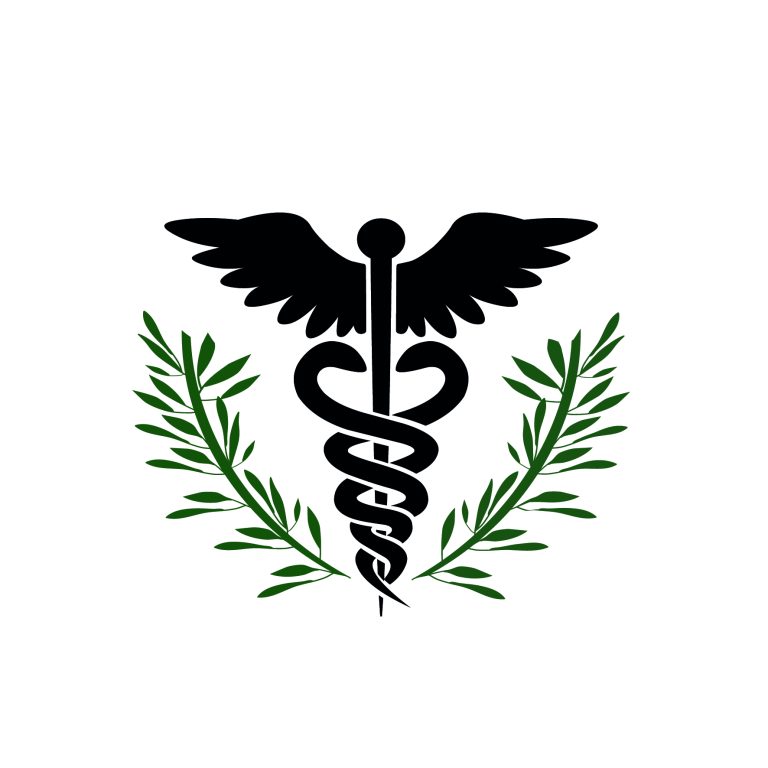WHY CLOSURE OF MILITARY TRAUMA PROGRAMS UNDER THE NATIONAL DEFENSE AUTHORIZATION ACT IS POOR POLICY
Over the past three years, the Trump Administration and Congress have made military and veteran mental health issues as well as the epidemic of military and veteran suicide a top priority. Today, with the coronavirus pandemic and the protests following the death of George Floyd, the strains that lead to mental health problems and suicide among this population are even more severe. It is baffling – indeed almost incomprehensible – that the National Defense Authorization Act (NDAA) being considered by Congress would result in the shuttering of two critical programs that help clinicians, policymakers, administrators, and the general public better understand and respond to the consequences of military trauma.
These are The Center for the Study of Traumatic Stress (CSTS) and the Center for Deployment Psychology (CDP). They are part of the Department of Defense based at the Uniformed Services University (USU), the nation’s federal health professions academy in Bethesda, Maryland.
Unfortunately, very few Congressional representatives and their legislative aides are aware of the threat to these programs. That’s because expenditures that fund these two centers are not broken out as line items in the NDAA. What is a line item is the proposed budget for the Uniformed Services University, which faces serious cuts that will force the elimination of these two programs. Sources have told us that unless averted, USU budget cuts would force the shuttering of these two critical programs by FY 2022.
Members of the House and Congress need to understand that this pennywise and pound foolish move will end up hampering military, VA, and community efforts to help service members and veterans cope with the visible and invisible wounds of war that may plague them for decades. It will also hobble the efforts of administrators and policymakers to build and manage needed systems of care and frame effective legislation.
The Center for the Study of Traumatic Stress opened in 1987 to advance research, treatment, and training to mitigate the impact of trauma from war, disasters, terrorism, community violence, and public health threats. To cite only a few examples, CSTS’ Army Study to Assess Risk and Resilience in Servicemembers (Army STARRS) is the largest research project ever conducted among military personnel to understand and prevent military and veteran suicide. CSTS’s neuroscience research develops effective treatments for PTSD and mild traumatic brain injury (mTBI – the signature injury of the current conflicts in Iraq and Afghanistan). CSTS built an extensive and sought after library of resources for military, VA, and civilian healthcare professionals, along with easy to understand guides for laypeople that decrease the stigma of seeking help. Since trauma can ripple through generations, CSTS’ Child and Family Program bring desperately needed attention to the effects of a parent’s combat injuries or death. Just as it did after 9/11, the Center’s mission reaches beyond the military community to develop and share some of the best guidance available on the COVID-19 pandemic.
The second program under threat, the Center for Deployment Psychology, has led the nation in training military, VA, and civilian health professionals on military culture and deployment-related behavioral health since 2006. As major studies document, their efforts are sorely needed. In its 2014 report, Ready to Serve, the RAND Corporation found that almost 90% of community healthcare providers lack the skills needed to diagnose and treat servicemembers, veterans and their families for problems related to military service. In 2018, RAND followed up with a survey of New York state healthcare professionals which found that only two percent of providers were competent to treat the veteran population. As the DoD and VA send more patients to the private sector, CDP’s work is even more relevant.
As one of the nation’s leading developers and deliverers of clinical training on PTSD, Traumatic Brain Injury (TBI), suicide prevention, depression, chronic pain and the effects of military sexual trauma among women and men, CDP equips civilian providers to identify, understand and treat servicemembers, veterans and their family members whose background, health risks and access to health resources differ greatly from those of the vast majority of their patients. CDP has trained over 40,000 providers nationwide through their ever-expanding teaching network. Their efforts are urgently needed in every state and county yet they could be closed in 2022.
The combined cost of these programs is less than a pittance within the context of the Defense budget, yet their contributions have been incalculable in terms of lives saved, providers trained, and support offered to those who have sacrificed so much on our behalf. The long-term cost in dollars and human suffering will certainly dwarf any short-term savings.
As we struggle to cope with COVID-19 and learn how traumatic effects of a single threat can resonate medically, economically and socially across the entire nation, we would do well to remember not only the words but the intent behind the VA’s famous motto taken from President Abraham Lincoln’s Second Inaugural address. Lincoln was committed to healing the entire nation as it emerged from Civil War and centuries of slavery. He urged Americans to “strive to finish the work we are in, to bind up the nation’s wounds; to care for him who shall have borne the battle, and for his widow, and his orphan.”
We cannot “finish the work we are in” if we dismantle two of the most powerful engines built to support servicemembers, veterans, their families, and our nation as a whole.
ABOUT THE AUTHORS
Harold Kudler, M.D., is Adjunct Associate Professor of Psychiatry and Behavioral Sciences at Duke University and served as national Mental Health policy lead in the Department of Veterans Affairs’ central office.
Suzanne Gordon is the author of Wounds of War: How the VA Delivers Health, Healing, and Hope to the Nation’s Veterans. She is a senior policy analyst at the Veterans Healthcare Policy Institute.




